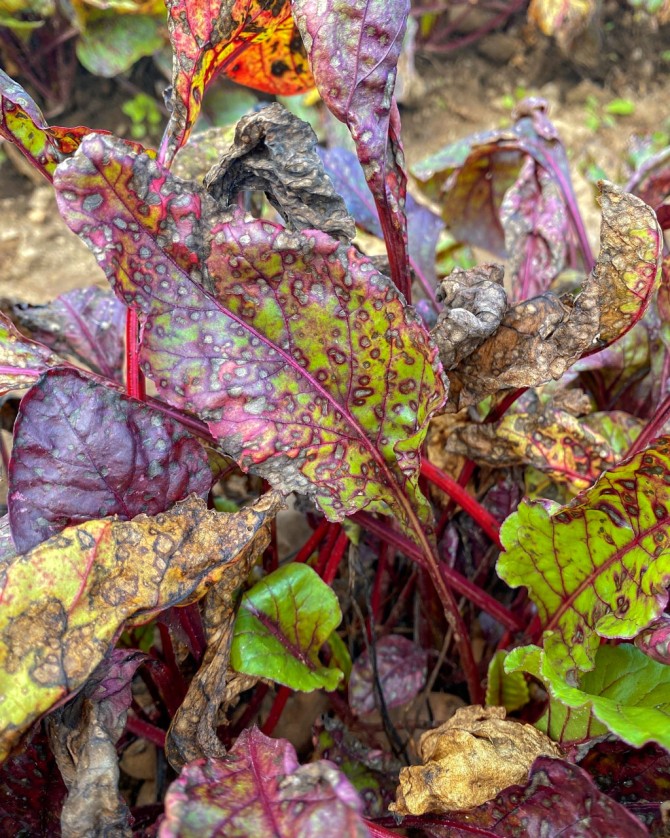Rome- Climate Action took center stage during the first day of the UN Food Systems Summit+2 Stocktaking Moment (UNFSS+2) during an Italy-led high-level event dedicated to exploring solutions to build climate-resilient agrifood systems and reduce their carbon footprint to meet the growing global demand for food, while protecting the environment.
The session held at the headquarters of the Food and Agriculture Organization of the United Nations (FAO), was opened by Antonio Tajani, Deputy Prime Minister and Minister of Foreign Affairs and International Cooperation of Italy; Mariam Almheiri, Minister of Climate Change and Environment of the United Arab Emirates (host country of the upcoming UN Climate Conference COP28); and FAO Director-General, QU Dongyu.
During his intervention, Qu reminded participants how the latest FAO State of Food Security and Nutrition in the World (SOFI) 2023 report informed that 735 million people faced hunger last year, with the climate crisis being a key driver of food insecurity. He also noted that agrifood systems currently produce a third of global greenhouse emissions, further intensifying the climate impacts.
“Agrifood systems transformation can break this vicious cycle. Because agrifood systems can provide the solutions to food insecurity, poverty, climate change and biodiversity loss. But to achieve this, they need to be urgently transformed to be more efficient, more inclusive, more resilient and more sustainable”, he underscored, highlighting that as the climate crisis intensifies, the communities that produce food including farmers, fishers, forest-dependent people and pastoralists, are the ones hurt the most.
A focus on solutions
The Director-General underscored that FAO is putting solutions at the core of its mandate and pursuing bold climate action among its Members, including through its Strategy on Climate Change and its Action Plan, as well as other key initiatives of the Organization.
“FAO is innovating to curb methane emissions in production systems; to improve value chain efficiency; to reduce food loss and waste; and restore ecosystems, among many other important actions”, Qu explained.
He added that at the upcoming UN Climate Conference COP28 in the UAE in December, FAO will present a roadmap highlighting agrifood sector solutions for ending hunger and promoting climate action.
These solutions cover crops and livestock production, forestry, fisheries and aquaculture, land, water and soils, and support resilience, reduce greenhouse gas emissions, increase carbon sequestration and ensure food security.
To deliver these solutions, he said, there must be enabling policies and adequate institutional and regulatory frameworks; science-based interventions that leverage innovation and digital solutions; inclusion of youth, women and indigenous peoples; collaboration across sectors; and an increase of finance, including to address loss and damage and adaptation.
“Agrifood systems can support delivery of climate and sustainable development objectives.
But only if we work together in an efficient, effective and coherent manner to transform them.
FAO is fully committed to this task, but we cannot do it alone. Let us continue to work collectively to ensure a better future for all, for people, planet and prosperity”, he urged.
A new Food Systems and Agriculture Climate Agenda
Italian Deputy Prime Minister and Minister for Foreign Affairs and International Cooperation, Antonio Tajani, said that his country is supporting strong action against climate change as it can also protect global food security. He also said that they are committed to the goals of the upcoming UN Climate Conference COP28 and ready to support.
Tajani explained that his country is working on an array of priority climate actions that include pragmatic solutions and innovative technology.
The UAE Minister of Climate Change Almheiri expressed her country’s commitment as the host of the upcoming UN Climate Conference in December and officially launched the COP28 Food Systems and Agriculture agenda, which will build on the momentum generated on the UN Food Systems Summit process.
”At the heart of this declaration, we are calling on governments to integrate climate adaptation and mitigation into their national food system strategies … By adopting country-appropriate pro-climate food systems approaches, we will intentionally put lives livelihoods and Zero Hunger at the heart of the climate process”, she said, underscoring that the upcoming Conference in Dubai will see ”the strongest push ever given to food systems and agriculture”.
The event also included the participation of Simon Stiell, Executive Secretary of the United Nations Framework Convention on Climate Change (UNFCCC), as well as several heads of State and Government and Food Systems and Climate envoys from different nations. They all highlighted resilience to climate impacts as vital for food security and sustainable livelihoods.
FAO will continue to work with countries to ensure that agrifood systems play a central role in delivering on collective climate, biodiversity, land degradation and sustainable development aspirations.







